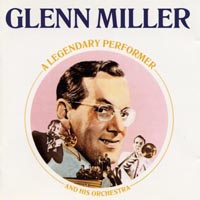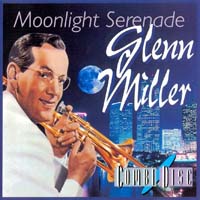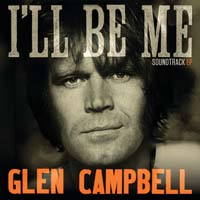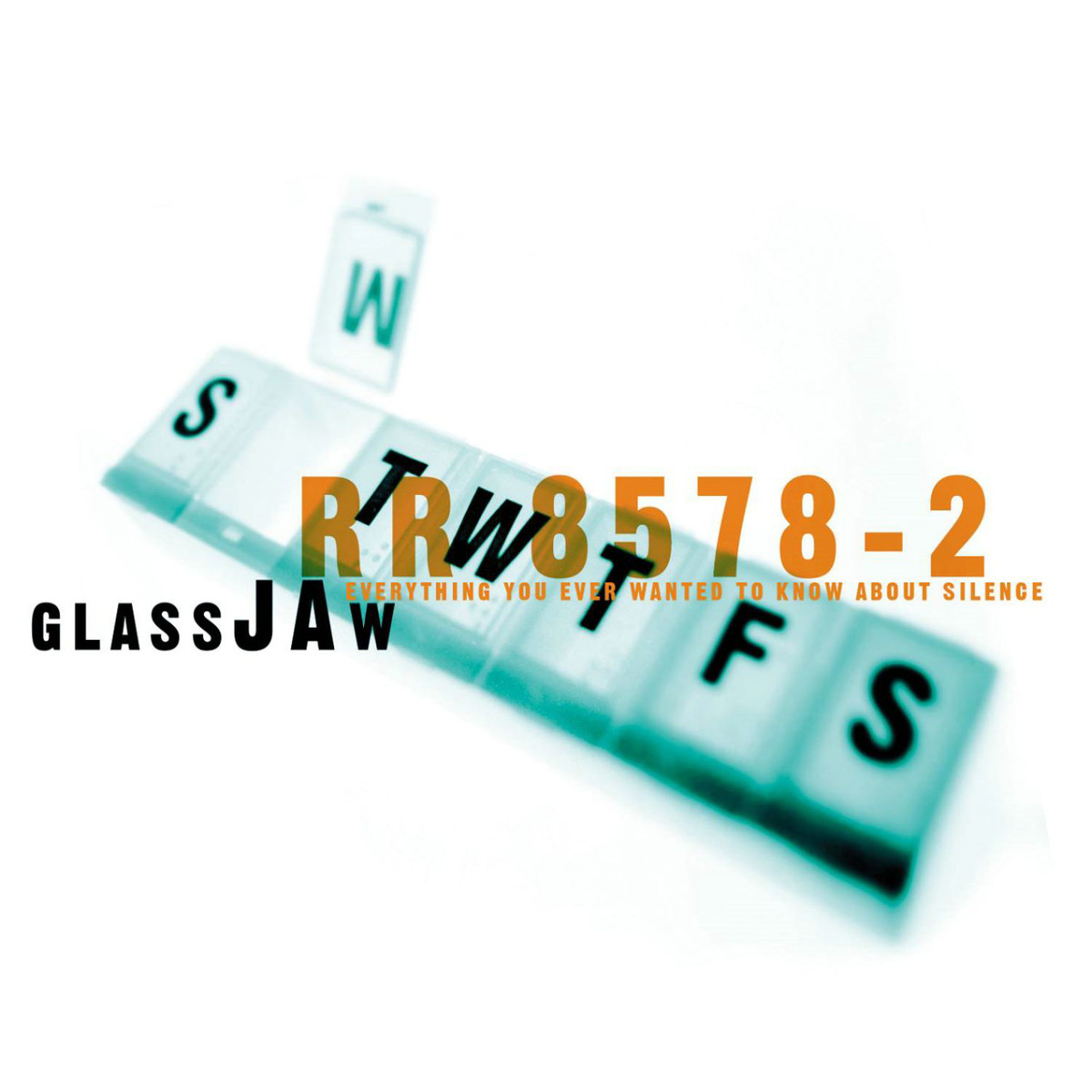2023-07-26
Classical music: A Brief Guide for Critic Music Listeners
Critic music listeners are often well-versed in different genres of music, and classical music is no exception. However, with the vast repertoire and history that encompasses the classical music world, it can be challenging for anyone to navigate and understand it. In this blog post, we will provide a brief guide to classical music, its different periods, and essential composers. We will also explore some of the reasons why classical music continues to captivate audiences despite being hundreds of years old.
Classical music is a broad term that encompasses different styles, periods, and instruments. It can be challenging to get a grip on it, but it is essential to know that classical music is usually defined by its form, structure, complexity, and instrumentation. One of the essential periods of classical music is the Baroque period, which lasted from the early 1600s until roughly 1750. It features a lot of ornamental melodies and a polyphonic texture, making it suitable for church music. This era also features essential composers like Bach, Vivaldi, and Handel.
The classical period is another significant movement that followed the Baroque era and lasted from the mid-1700s to the 1800s. Some of the notable composers of this period include Mozart, Haydn, and Beethoven. This era is characterized by simpler melodies, homophonic textures, and a focus on instrumental music. Thus, it marked the beginning of the symphony orchestra.
The Romantic period is the next significant era of classical music that lasted from the 1800s to the early 1900s. It featured music that emphasized expression and feelings, making it more accessible to non-musicians. In this period, there was an emphasis on orchestral works, and composers like Tchaikovsky, Brahms, and Wagner flourished.
Finally, the modern classical period began in the early 1900s and continues to this day. This period featured innovative and experimental works, many of which challenged traditional musical structures. Composers like Stravinsky, Schoenberg, and Debussy broke away from traditional tonality and created new forms that represented the changing times.
Why is classical music still relevant today? Aside from its rich history, classical music remains an essential part of music education and culture. It requires a level of discipline and technical skills to master, making it a challenging genre to learn and perform. Furthermore, the beauty of classical music lies in its ability to convey powerful emotions and tell stories, giving it the ability to transcend time and place.
Classical music may seem daunting and old-fashioned, but it remains a timeless and relevant genre that continues to captivate audiences worldwide. Whether you are a seasoned critic or a curious listener, studying and understanding classical music is a worthwhile endeavor that can expose you to different cultures and ways of life. We hope this brief guide can help you navigate the vast world of classical music and inspire you to explore it further.
Classical music is a broad term that encompasses different styles, periods, and instruments. It can be challenging to get a grip on it, but it is essential to know that classical music is usually defined by its form, structure, complexity, and instrumentation. One of the essential periods of classical music is the Baroque period, which lasted from the early 1600s until roughly 1750. It features a lot of ornamental melodies and a polyphonic texture, making it suitable for church music. This era also features essential composers like Bach, Vivaldi, and Handel.
The classical period is another significant movement that followed the Baroque era and lasted from the mid-1700s to the 1800s. Some of the notable composers of this period include Mozart, Haydn, and Beethoven. This era is characterized by simpler melodies, homophonic textures, and a focus on instrumental music. Thus, it marked the beginning of the symphony orchestra.
The Romantic period is the next significant era of classical music that lasted from the 1800s to the early 1900s. It featured music that emphasized expression and feelings, making it more accessible to non-musicians. In this period, there was an emphasis on orchestral works, and composers like Tchaikovsky, Brahms, and Wagner flourished.
Finally, the modern classical period began in the early 1900s and continues to this day. This period featured innovative and experimental works, many of which challenged traditional musical structures. Composers like Stravinsky, Schoenberg, and Debussy broke away from traditional tonality and created new forms that represented the changing times.
Why is classical music still relevant today? Aside from its rich history, classical music remains an essential part of music education and culture. It requires a level of discipline and technical skills to master, making it a challenging genre to learn and perform. Furthermore, the beauty of classical music lies in its ability to convey powerful emotions and tell stories, giving it the ability to transcend time and place.
Classical music may seem daunting and old-fashioned, but it remains a timeless and relevant genre that continues to captivate audiences worldwide. Whether you are a seasoned critic or a curious listener, studying and understanding classical music is a worthwhile endeavor that can expose you to different cultures and ways of life. We hope this brief guide can help you navigate the vast world of classical music and inspire you to explore it further.
Tag: classical music playlist, music listeners, polyphonic texture, ornamental melodies
2025-01-27
Gloria Estefan: The Inspiring and Criticized Miami Music Superstar
Gloria Estefan is one of the most influential and inspiring music artists who has made remarkable contributions to both Latin and popular music. With several awards, recognition and legions of fan clubs across the globe, this Miami music superstar certainly deserves every bit of respect that has come her way...read more
2025-01-26
Glenn Miller and His Orchestra: A Timeless Classic
Listen up, people! Glenn Miller and His Orchestra was one of the most iconic big bands of all time. However, critics have pointed out that Miller's band lacked in terms of improvisation compared to their peers...read more
2025-01-25
Glenn Miller: Examining the Positive and Negative Aspects of his Iconic Legacy
Glenn Miller was one of the greatest American jazz composers and bandleaders ever to grace the stage. Hailed as an innovator by his peers, he revolutionized big band music in the 1930's and 1940s with some of the most iconic compositions in popular music history...read more
2025-01-24
Glen Campbell's Legacy: Celebrating His Talent While Addressing Criticisms
It's been nearly five years since the beloved country music artist Glen Campbell passed away, yet his influence on the music industry -- and indeed our lives in general -- is still very much alive. From his captivating voice to his songwriting talent and ability to seamlessly switch between genres, there's no denying that he was a truly remarkable artist with an exceptional body of work...read more
2025-01-23
Glassjaw - The Most Polarizing Band in Modern Hardcore Music
Let's not mince words - Glassjaw is one of the most polarizing bands in modern hardcore music. While some fans hail them as genre-busting genre innovators, others can't seem to get over their volatile energy and abrasive styles...read more
SUGGESTED PLAYLISTS







